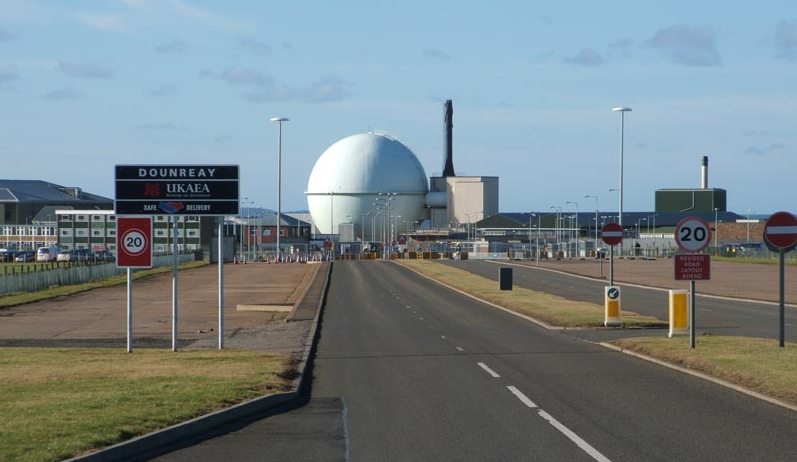UK wants consumers to fund nuclear through higher utility bills


The scheme will be part of a broader "draft energy bill" aimed at securing a low carbon future and minimizing fossil fuel imports by allowing power companies to charge more when they invest in different low carbon energy types- not just nuclear, but also wind, solar and others, according to the report.
The media's focus was on nuclear, as the government continues to try to find ways to convince industry to build 8 new nuclear power stations that would play a key part in the UK's goal of hitting a 80 percent reduction in carbon emissions by 2050.
In March, a German joint venture, Horizon, backed out of plans to build two of the eight. That has led to speculation that Chinese or Russian firms could step in to fill the void. It also seems to create an opening for alternative nuclear technologies such as thorium, which many experts regard as safer and less weapons-prone than conventional uranium fueled reactors.
By putting the financial burden on consumers, the UK would attempt to sidestep a European regulation that prohibits direct state subsidies of nuclear power, BBC presenter John Humphrys pointed out while interviewing Energy Secretary Ed Davey on the Today programme on BBC Radio 4 (audio link expires May 29).
Davey, who heads the Department of Energy and Climate Change (DECC), said that in the long run, the plan would lower energy bills compared to the heights they would hit if the country continued with fossil fuels and their attendant volatile prices and damaging environmental effect.
A consumer funded nuclear program would mirror another form of government mandated energy subsidy - the Feed-in-Tariff - in which utilities raise money for renewables by raising rates. Utilities use some of that money to pay customers that install solar or wind equipment on their premises to generate their own electricity and to also feed the grid.
Even if the Government passes the draft bill, there's no certainty that nuclear companies would invest in new plants. David Toke, senior lecturer at the University of Birmingham, told the radio program that British nuclear would still remain "a dead duck." (Audio link expires May 29).
The UK's existing nuclear fleet was built decades ago, when the British power industry was still nationalized.
Meanwhile, several media outlets are reporting that the UK's nuclear regulator, the Office for Nuclear Regulation, now wants to extend the life of those reactors.
Photos: Dounreay plant from Guinnog via Wikimedia Commons. Ed Davey from DECC via Flickr.
More UK and nuclear on SmartPlanet:
- Safe nuclear: UK eyes thorium
- India’s Prime Minister: Nuclear power? Yes please!
- Safe nuclear: Let the thorium debate begin
- Safe nuclear: India’s thorium reactor
- Could China run Britain's next nuclear reactor?
- UK forges ahead on nuclear power
UK energy policy:
This post was originally published on Smartplanet.com